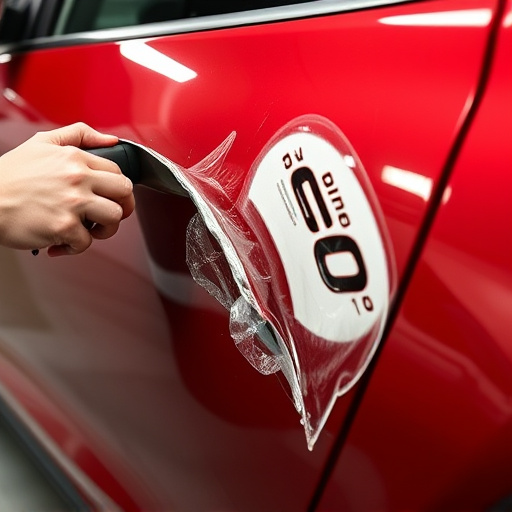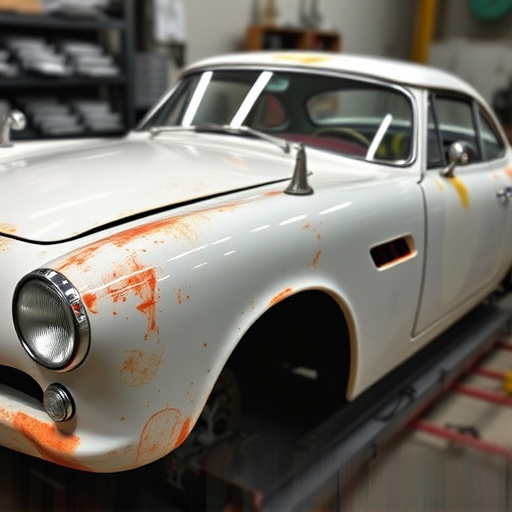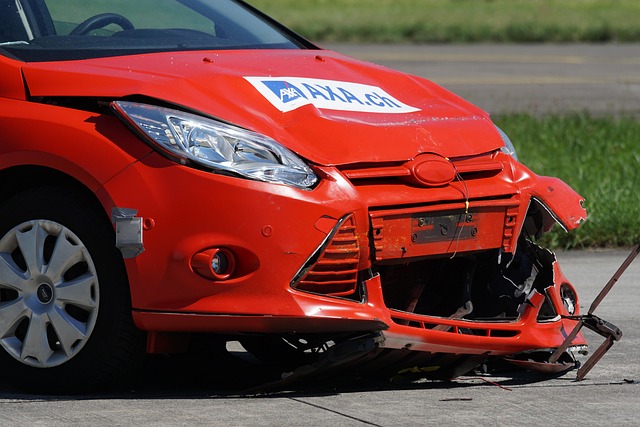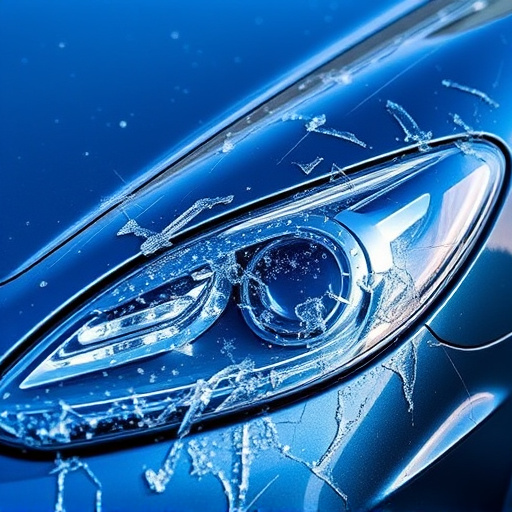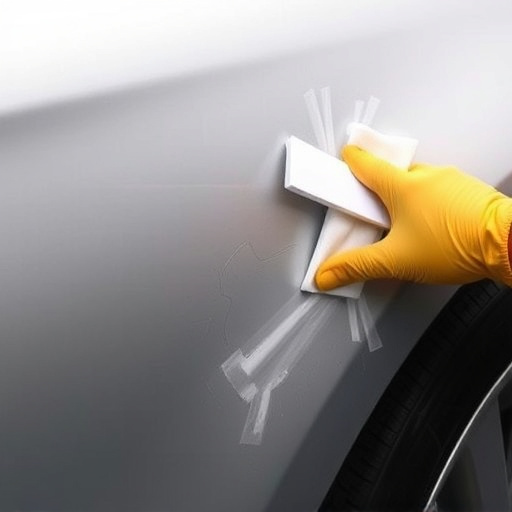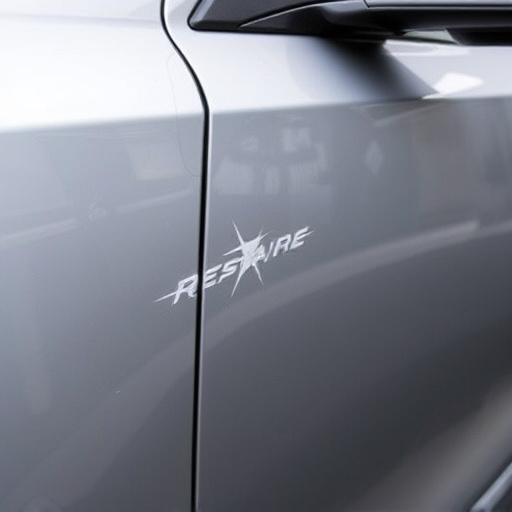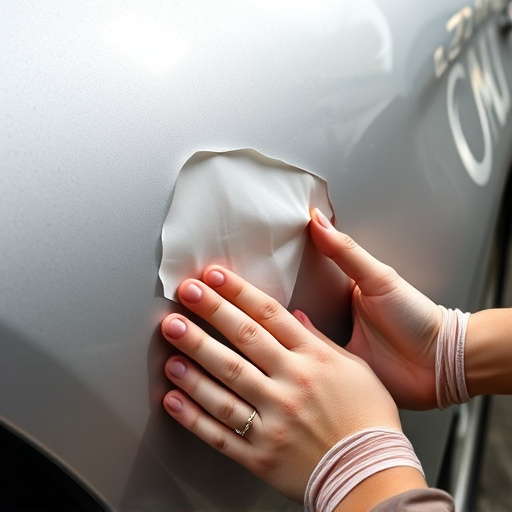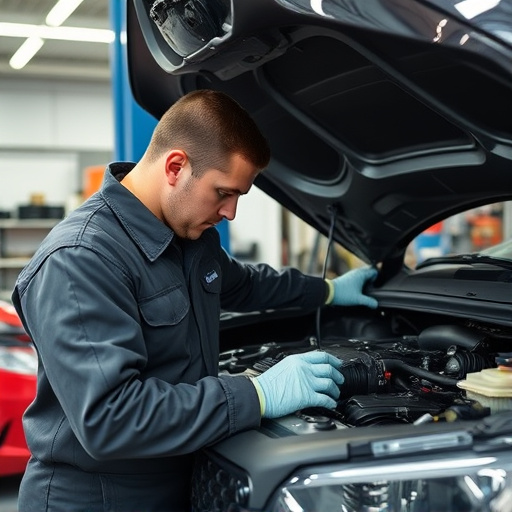Certified welding techniques, as per AWS and ISO standards, are vital for auto industries, ensuring high-quality, safe repairs and structural integrity. Collision centers must adhere to these guidelines through effective QA procedures and trained personnel, enhancing safety and customer satisfaction. Auto body shops specializing in services like scratch repair need continuous staff training on the latest certified welding techniques to stay compliant, offer advanced services, and maintain a positive reputation.
Shops across industries are increasingly reliant on certified welding techniques for structural integrity and safety. To maintain compliance with these guidelines, businesses must adopt robust quality assurance procedures, ensuring each weld meets the required standards. This involves regular staff training to stay abreast of industry developments and certifications updates, reflecting the dynamic nature of welding practices. By implementing these measures, shops can guarantee the accuracy and reliability of their work, fostering a culture of excellence in welding craftsmanship.
- Understanding Certified Welding Guidelines
- Implementing Effective Quality Assurance Procedures
- Regular Training and Certification Updates
Understanding Certified Welding Guidelines
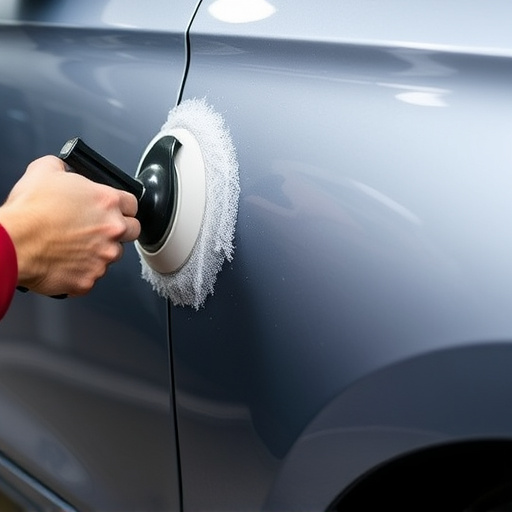
Certified welding guidelines are a set of standardized practices and protocols designed to ensure high-quality, safe, and consistent welds across various industries. These guidelines, developed by reputable organizations like the American Welding Society (AWS) or ISO, provide a framework for professionals to follow when performing welding processes on everything from automotive restoration projects to fleet repair services.
For body shop services, adhering to these certified welding techniques is not just a matter of meeting industry standards; it’s also crucial for maintaining structural integrity, ensuring long-lasting repairs, and preserving safety for both workers and end users. By understanding and implementing these guidelines, shops can streamline their processes, reduce errors, and ultimately deliver superior quality work in the automotive restoration or fleet repair sectors.
Implementing Effective Quality Assurance Procedures
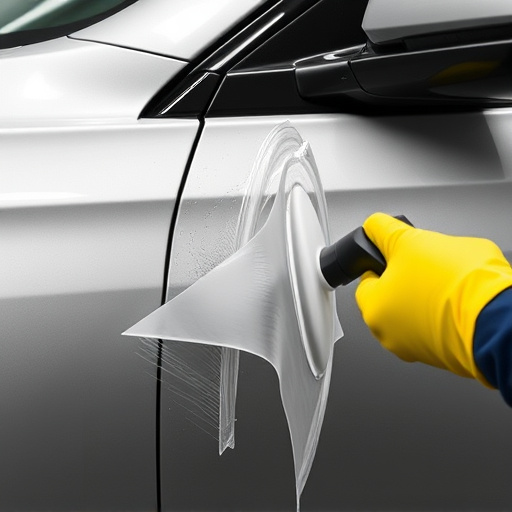
Maintaining compliance with certified welding guidelines is a non-negotiable aspect of operating a collision center or auto body shop. Implementing effective quality assurance (QA) procedures forms the bedrock of this process. It involves establishing robust protocols that ensure every weld meets the required standards, from initial inspection to final testing. Auto body shops must invest in well-trained personnel who can consistently execute certified welding techniques as per industry best practices and regulatory requirements.
Regular reviews and updates of QA processes are crucial to keeping up with advancements in material science and welding technologies. This ensures that the collision repair process remains safe, efficient, and environmentally friendly. Moreover, a strong QA system acts as a quality control measure, minimizing errors and defects, ultimately enhancing customer satisfaction and retaining business reputation in the competitive market of collision centers and auto body shops.
Regular Training and Certification Updates
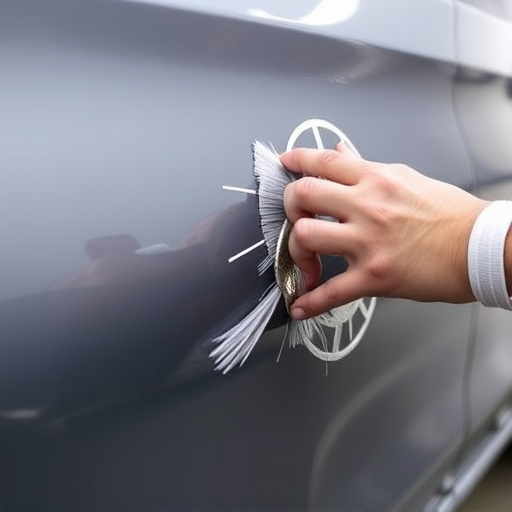
Shops that specialize in auto body services, including tasks like car scratch repair and dent removal, must prioritize regular training sessions for their staff to stay current with the latest certified welding techniques. This continuous education ensures that technicians are equipped with the knowledge and skills required to meet industry standards. By participating in these programs, employees can gain hands-on experience and learn about advancements in welding technology, safety protocols, and quality control measures. Staying updated is crucial for maintaining compliance with certification guidelines, as new discoveries and best practices can significantly impact the precision and durability of welds.
Regular training also fosters a culture of ongoing improvement within the shop. It encourages technicians to question existing processes and explore innovative solutions, enhancing their ability to adapt to changing industry trends. Moreover, keeping up with certification updates allows shops to offer their customers the most advanced auto body services, ensuring satisfaction and peace of mind for those who trust their vehicles’ repairs to these professionals.
Shops looking to maintain compliance with certified welding guidelines must adopt a multi-faceted approach. By understanding these guidelines, implementing robust quality assurance procedures, and ensuring regular training and certification updates, businesses can not only meet but exceed industry standards. Staying current with certified welding techniques is vital for producing high-quality, safe, and consistent welds, ultimately fostering customer confidence and trust.
